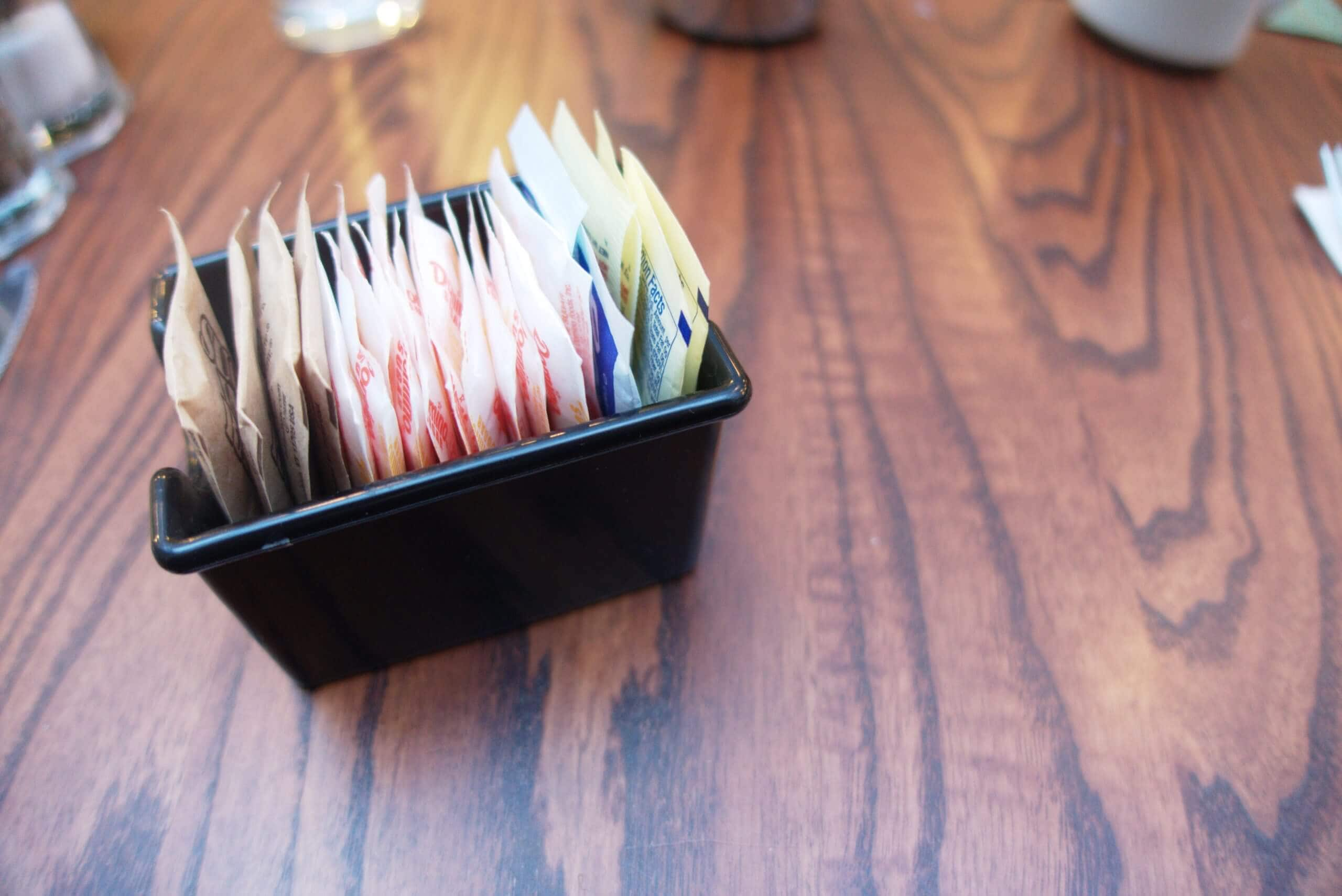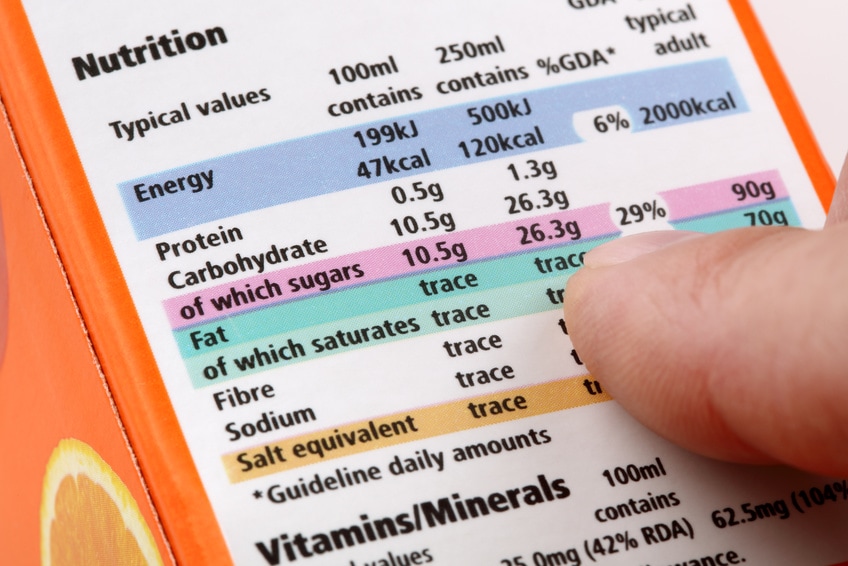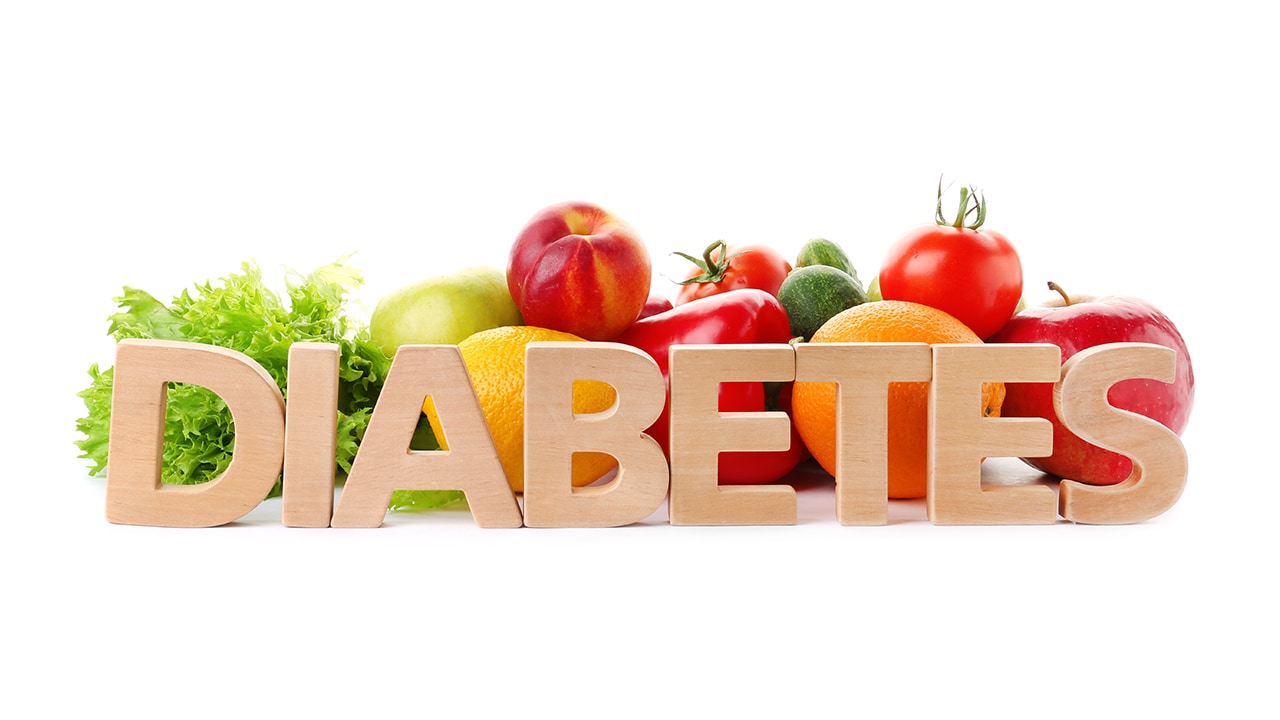Are sugar substitutes OK for people with diabetes?

You can potentially live the sweet life as a person with diabetes, PWD. While too much sugar can be a concern for PWDs, artificial sweeteners can offer the chance to enjoy your favorite treats in a safer manner. While food science has provided PWDs with a possible way to savor their sweetened delights, a universal truth of nutrition still applies to artificial sugar substitutes: Everything in moderation.
Are artificial sweeteners safe for people with diabetes?
Sugar substitutes, also known as low-calorie sweeteners, artificial sweeteners, or non-nutritive sweeteners, are low-calorie, low-carb compounds with fewer calories than natural sugar. Some refer to these sweeteners as “free foods,” suggesting they will have a negligible effect on carb and calorie intake. While this means that the average PWD can potentially sprinkle a pack or two into their morning coffee, they aren’t actually “free.” Artificial sweeteners can still affect your blood sugar levels in small ways, so they require the same level of observation and care that goes into any kind of meal planning for PWDs. A 2014 Harvard study connected them to a dramatic change in gut bacteria that altered glucose levels over time.
However, the current consensus is that artificial sweeteners do not alter blood sugar on their own without overconsumption.
The FDA approved several artificial sweeteners as being safe for their standards, including tagatose, aspartame, saccharin, and sucralose. One naturally low-calorie sweetener, stevia, has also been approved. But experts warn that just because something is lower in calories doesn’t mean PWD can have unlimited amounts of it.
In short, consuming artificial sweeteners is about as safe for PWDs as it is for those who do not live with diabetes. Although you may use them as a substitute for sugar in your diet, it is probably not wise to completely replace all sugar intake with artificial alternatives.
However, remember that the only people truly qualified to make this decision are you and your healthcare providers.
Types of Artificial Sweeteners
Here are some of the most common types of artificial sweeteners and some helpful information to know about each:
- Sucralose: Sucralose is about 600 times sweeter than table sugar and is extremely low calorie. You can find it in a wide range of products, including beverages and chewing gum and it makes a fine sugar substitute in baked goods.
- Stevia: One of the only artificial sweeteners manufactured naturally, stevia comes from the Stevia rebaudiana plant. It is about 300 times sweeter than table sugar but is slightly more expensive than other options. Some manufacturers add extra sugar into the compound to counteract a bitter aftertaste, and PWDs should always check the ingredients list before consuming.
- Aspartame: Available to consumers for about 40 years, Aspartame is a tabletop sweetener only, as its makeup is unsuitable for baking. Aspartame is also about 200 times sweeter than sugar.
- Saccharin: Saccharin can be up to 700 times sweeter than table sugar and is called a zero-calorie sweetener for its nearly nonexistent nutritional value. Once thought to be a cause of cancer, saccharin’s name has been cleared and is now approved by both the FDA and the National Institute of Health.
- Tagatose: Though not much is known about the effects, some scientists have found that tagatose may help manage type 2 diabetes. It has also been found useful for PWDs following a low glycemic index diet. Tagatose can be found naturally in dairy products and certain foods with about 92 percent of the sweetness of sucrose and only 38 percent of the calories.
Remember, no one can tell you what’s right for your body except your health care practitioner/provider. As with everything, moderation is key when it comes to sugar replacements!


